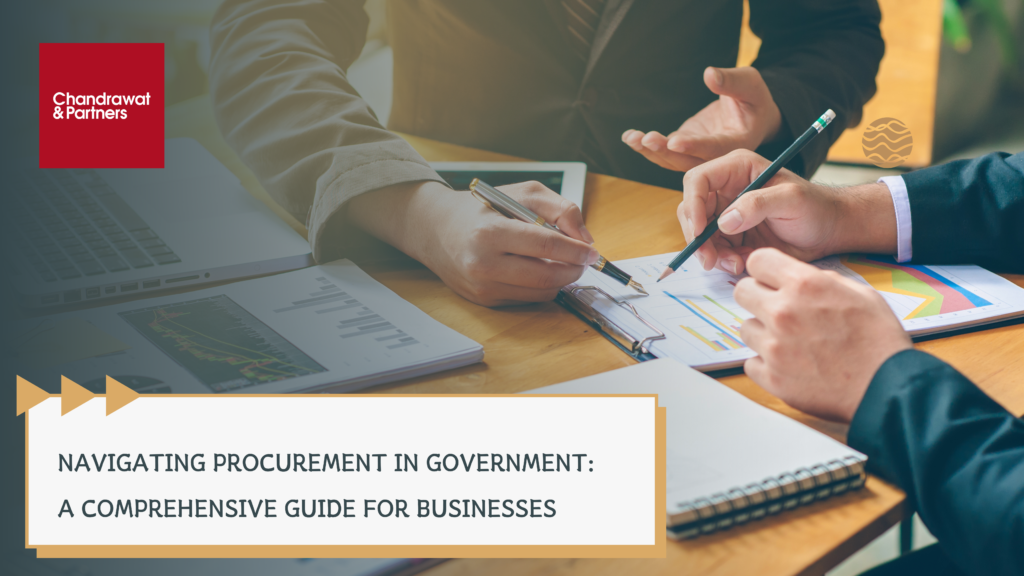Introduction:
Government procurement can be a complex and challenging process for both buyers and suppliers. The rules and regulations governing government procurement are often complex, and navigating the process can be difficult, especially for businesses that are new to the process.
Overview of government procurement
Government procurement refers to the process by which government agencies purchase goods and services from private businesses. The government procures a wide variety of goods and services, including everything from office supplies and computer equipment to construction services and research and development services.
The government procurement process typically involves several steps, including the following:
- Identifying the need: The first step in the government procurement process is identifying the need for goods or services. This might involve conducting market research to determine the availability of goods and services and to identify potential suppliers.
- Developing a solicitation: Once the need has been identified, the government agency will develop a solicitation, which is a request for proposals (“RFP”) or an invitation for bids (“IFB”). The solicitation will include a detailed description of the goods or services needed, as well as the terms and conditions of the procurement.
- Receiving and evaluating bids: Suppliers will respond to the solicitation by submitting bids or proposals. The government agency will then evaluate the bids based on a variety of factors, such as price, quality, and past performance.
- Selecting a supplier: Once the bids have been evaluated, the government agency will select a supplier and enter into a contract for the goods or services.
Navigating the Complexities of Government Procurement
Navigating the complexities of government procurement can be challenging, but there are several things that businesses can do to increase their chances of success.
- Understand the rules and regulations: Government procurement is heavily regulated, and it is essential to understand the rules and regulations that govern the process. This might involve attending training sessions or working with a consultant who specializes in government procurement.
- Develop strong relationships: Building strong relationships with government officials and other key stakeholders can be critical to success in government procurement. This might involve attending networking events or participating in industry associations.
- Focus on past performance: Past performance is a key factor in government procurement, and businesses should focus on building a strong track record of delivering quality goods and services on time and within budget.
- Be Prepared to navigate the bid protest process: The bid protest process allows suppliers to challenge a procurement decision if they believe that the process was unfair or that they were not given a fair chance to compete. Suppliers should be prepared to navigate this process if necessary.
- Leverage technology: There are many tools and technologies available that can help businesses navigate the complexities of government procurement. For example, there are software solutions that can help businesses track procurement opportunities and manage the bidding process.
Conclusion:
Navigating procurement in government requires diligence, preparation, and a keen understanding of the processes involved. By conducting thorough research, cultivating relationships, crafting compelling proposals, and complying with regulations, businesses can position themselves for success in the highly competitive government procurement landscape. Remember, each government agency may have its unique requirements, so adapt your approach accordingly. With perseverance and a strategic mindset, businesses can tap into the vast opportunities that government procurement presents.
How we can help?
- Strategic Guidance: Our team provides strategic guidance tailored to the business, ensuring a clear understanding of the intricate rules governing government procurement.
- Consulting services: Our team provides insights into best practices, industry trends, and potential pitfalls, offering a roadmap for navigating the complexities of government procurement.
Continues support: Our team offers ongoing support to keep the business updated on the latest developments, ensuring continued
For more information or queries, please email us at
[email protected]





